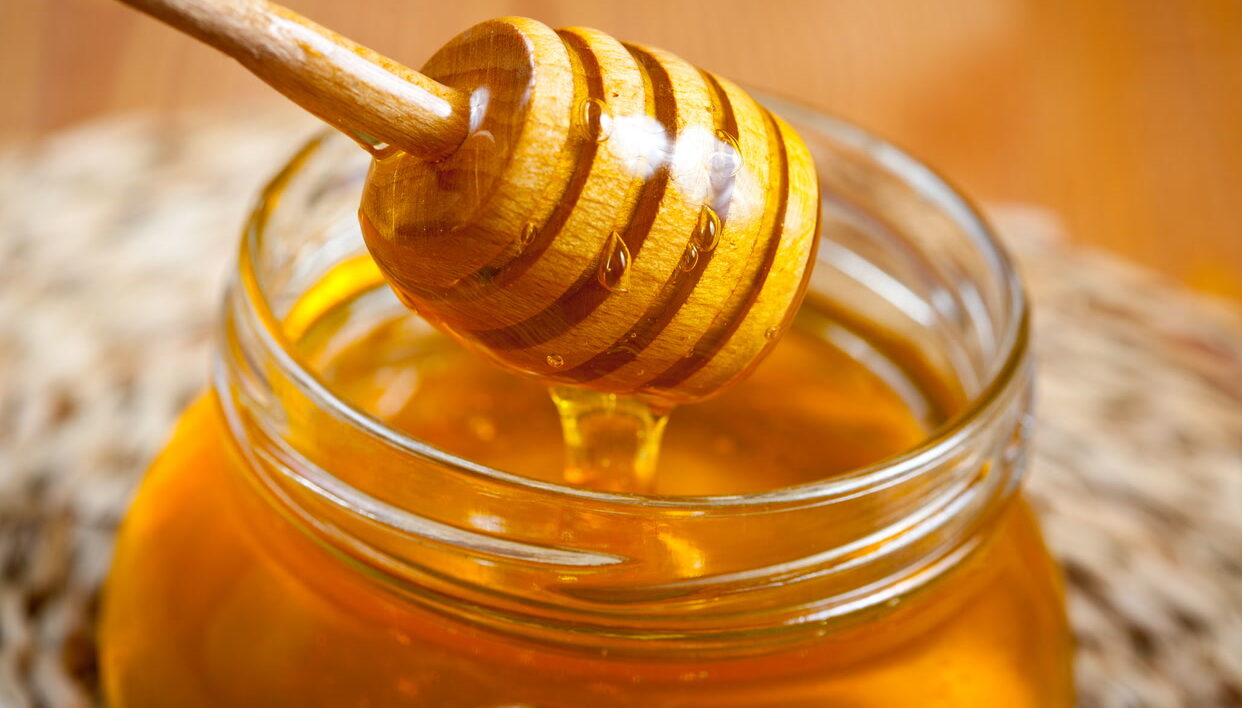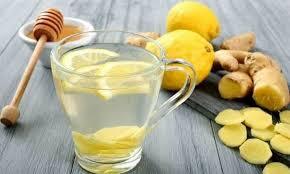Keywords: Is honey good or bad for you? Health Facts, honey health benefits, honey vs sugar, is honey healthy, raw honey benefits, honey and weight gain, honey for diabetes, is honey better than sugar, nutritional value of honey
Table of Contents
Is Honey Good or Bad for You?
Honey is one of the world’s oldest natural sweeteners — a golden, syrupy liquid made by bees from flower nectar. But a common question still lingers: Is honey good or bad for you?
Some people hail honey as a nutrient-rich superfood, while others see it as just another sugary treat. This post explores both sides, combining scientific insights and traditional wisdom to help you decide if honey belongs in your diet.
What Exactly Is Honey?
Honey is a natural, syrup-like substance produced by bees from the nectar of flowering plants. It is stored in honeycombs and collected through the process of beekeeping. There are many varieties of honey, including:
- Clover Honey – Mild, sweet, and commonly available
- Sider (Sidr) Honey – Darker and more medicinal, especially popular in the Middle East
- Raw Honey – Unpasteurized and unfiltered, containing pollen and enzymes
- Manuka Honey – Rich in antimicrobial properties, sourced from New Zealand
A tablespoon (21 grams) of honey contains around 64 calories, mostly from natural sugars like fructose and glucose.
Health Benefits of Honey

1. High in Antioxidants
Honey is loaded with powerful antioxidants like flavonoids and phenolic acids. These help neutralize harmful free radicals and reduce oxidative stress, a major contributor to aging and chronic disease. Regular consumption of antioxidant-rich foods like honey may support heart health, immunity, and brain function.
2. Better Than Refined Sugar
While honey and white sugar both contain high amounts of carbohydrates, honey is more than just empty calories. It provides trace amounts of:
- B vitamins
- A Vitamins
- Zinc
- Amino acids
This makes honey a healthier alternative to refined sugar, which offers no nutritional benefit and is linked to serious health risks like diabetes, obesity, and inflammation.
3. Antibacterial and Healing Properties
Honey is naturally antibacterial, especially raw or medical-grade honey like Manuka honey. It’s been used to treat:
- Wounds and burns
- Sore throats
- Cough and cold symptoms
Even modern medicine recognizes honey’s antimicrobial properties, and it’s often used in wound dressings in hospitals.
Potential Downsides of Honey
1. High in Sugar and Calories
Yes, honey is high in sugar. Although it’s natural, the sugar content can spike blood sugar levels rapidly, especially in large amounts. This makes it problematic for:
- People with diabetes
- Those watching their weight
- Children under 1 year (due to risk of infant botulism)
If consumed excessively, honey may lead to weight gain, insulin resistance, and blood sugar imbalances — especially when used without mindful moderation.
2. May Contribute to Weight Gain
If you’re trying to lose weight, frequent consumption of honey can backfire. It’s quickly absorbed into the bloodstream and may lead to:
- Sudden energy spikes followed by crashes
- Increased appetite
- Unwanted fat storage
That said, for those who are underweight or athletes, honey can be an excellent source of quick energy and extra calories.
Is Honey Good or Bad for You? What About Diabetics?
While honey is often seen as healthier than sugar, it still raises blood sugar levels due to its high carbohydrate content.
For Diabetics: Caution Required
Research shows that honey does raise blood glucose, but possibly less dramatically than refined sugar. Some studies have shown that pure or raw honey, when consumed in small quantities, may be better tolerated by people with type 2 diabetes.
However, diabetic individuals must:
- Use honey in moderation
- Avoid processed or flavored honey
- Monitor their blood sugar response
- Consult their doctor or nutritionist before adding honey to their diet
Note: Even natural sugar can cause long-term issues if not managed correctly in diabetes.
How to Include Honey in a Healthy Diet
You don’t have to give up honey completely. When consumed wisely, honey can be a part of a balanced diet.
Tips for Healthy Use of Honey:
- Use as a Natural Sweetener:
Add a small amount to your tea, smoothies, or toast instead of white sugar. - Morning Ritual:
A glass of warm water with honey and lemon may aid digestion and metabolism. - Boost Workout Energy:
Eat a teaspoon of honey before a workout for quick, natural energy. - Skincare Remedy:
Apply raw honey as a face mask for moisturizing and acne relief. - Cough or Throat Soother:
Take a spoonful of honey with ginger or warm water to calm a sore throat.
Which Honey Is Best?
Not all honey is created equal. Some types offer more health benefits than others.
Best Types of Honey:
- Raw Honey:
Unprocessed and full of beneficial enzymes, pollen, and antioxidants. - Manuka Honey:
Famous for its strong antibacterial and healing properties. - Local Organic Honey:
It may help reduce seasonal allergies due to local pollen content.
Always check the label. Avoid honey that is heavily processed, blended with corn syrup, or over-pasteurized.
Final Verdict: So, Is Honey Good or Bad for You?
It’s a natural, nutrient-rich food that must be used wisely.
Honey is Good When:
- You use it in small amounts
- You choose raw or organic honey
- You’re replacing refined sugar or syrup
- You are not diabetic or have your sugar levels under control
Honey Can Be Harmful If:
- Overconsumed (can lead to weight gain, blood sugar spikes)
- Used by infants
- Used by diabetics without caution
Honey is best when used as a supplement, not a staple. Think of it as a functional food — not a free pass to overindulge in sweets.
Frequently Asked Questions (FAQs)
Q1: Is honey healthier than sugar?
Yes, honey contains nutrients and antioxidants that sugar lacks. But both are high in calories and should be used in moderation.
Q2: Can diabetics eat honey?
Only in small amounts and under medical guidance. Honey still raises blood sugar.
Q3: Can honey help in weight loss?
Indirectly, yes. A warm drink with honey and lemon may improve digestion and metabolism — but honey still has calories.
Q4: Which honey is best for health?
Raw, unfiltered, and organic honey — especially Manuka or Sidr honey — are considered the best.
Q5: Is honey safe for kids?
Honey is safe for children above 1 year of age. Never give honey to infants under 12 months due to the risk of botulism.
Q6: How much honey is safe per day?
Generally, 1-2 teaspoons per day is considered safe for healthy individuals.






